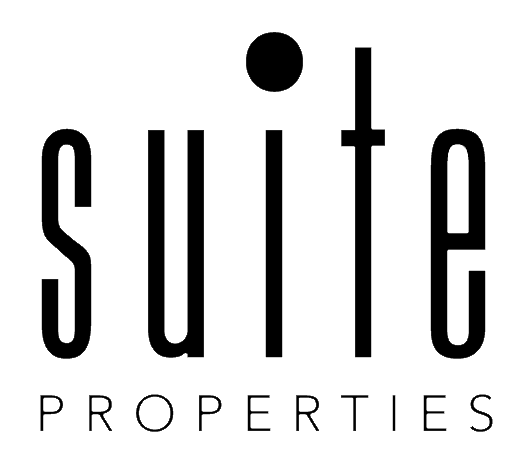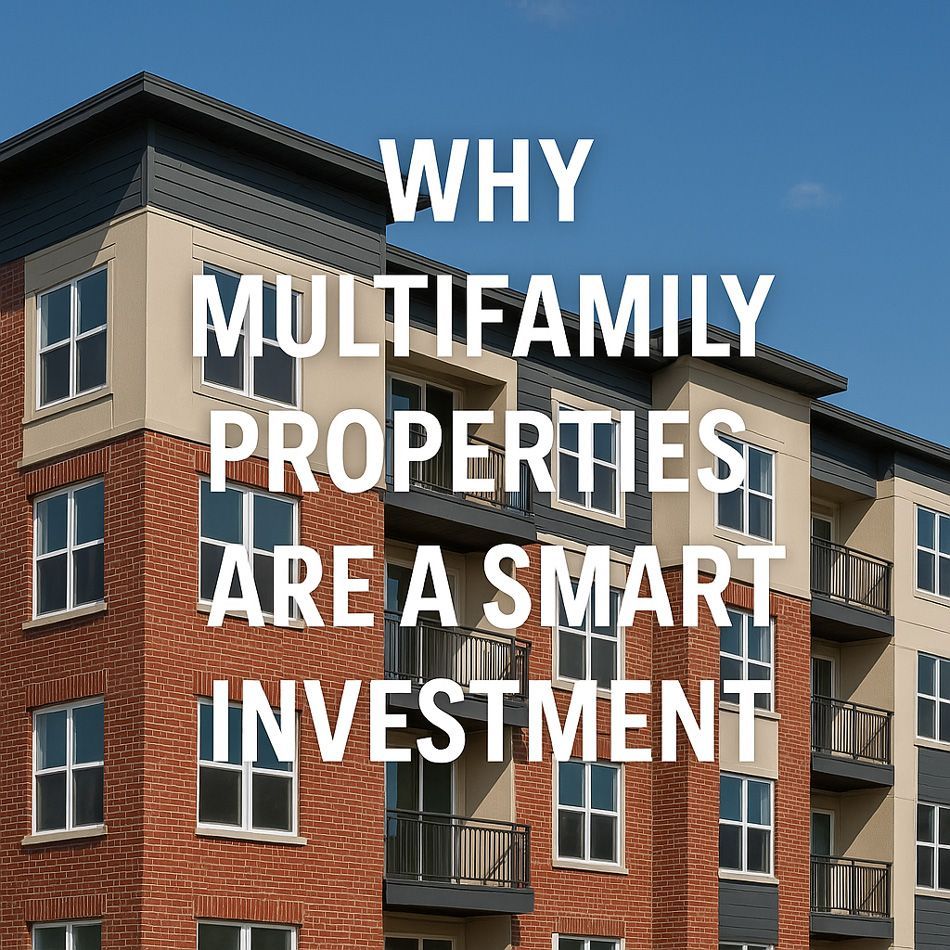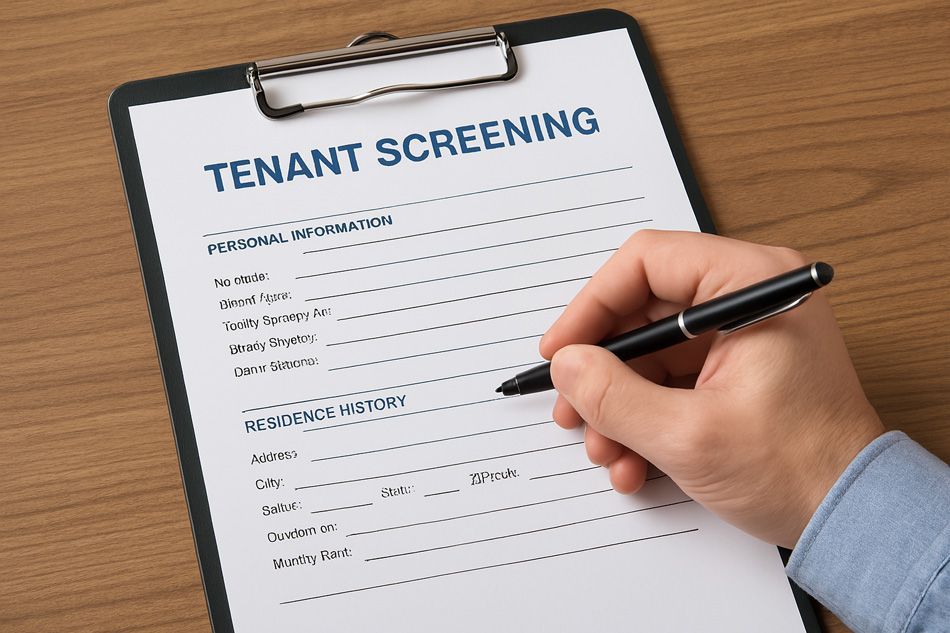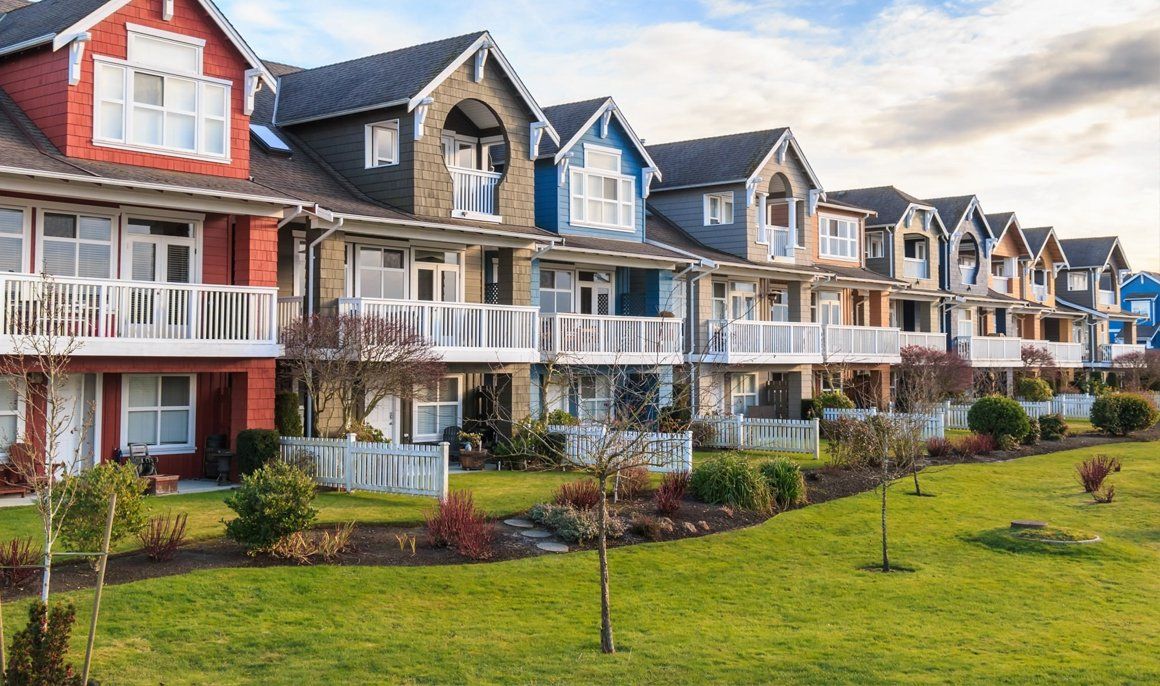Short-Term Rentals vs. Long-Term Leases in Detroit, MI
Short-Term Rentals vs. Long-Term Leases in Detroit, MI: Which Is More Profitable?
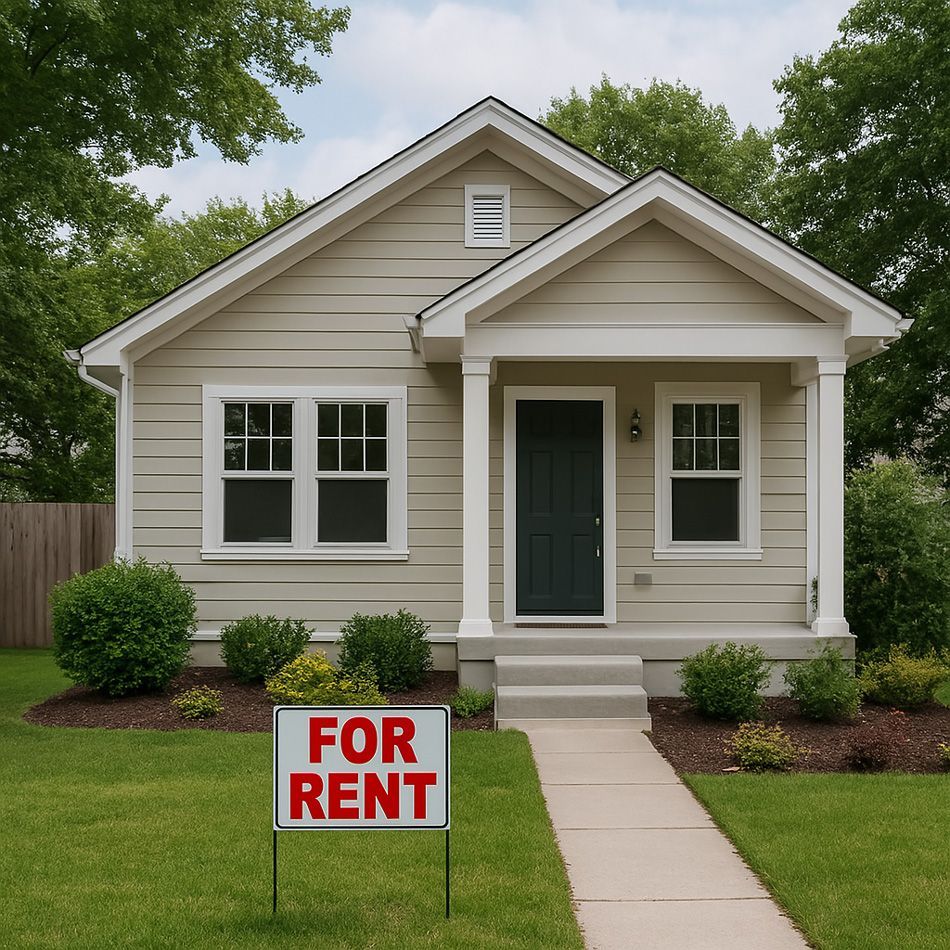
As a property owner in Detroit, MI, you have a crucial decision to make: Should you rent your property as a short-term rental (STR) like an Airbnb or opt for a traditional long-term lease? Both strategies have pros and cons, but which one maximizes ROI, cash flow, and occupancy rates in Detroit’s evolving real estate market?
In this in-depth guide, we’ll break down:
- Profit potential of short-term vs. long-term rentals in Detroit
- 2024 market trends affecting rental demand
- Legal & regulatory challenges for STRs in Michigan
- Key metrics (occupancy rates, average daily rate, maintenance costs)
- Case studies of successful Detroit landlords
By the end, you’ll know which rental strategy aligns best with your investment goals.
Detroit’s Rental Market Overview (2024)
Detroit’s real estate market has been booming, with rising demand for both long-term rentals (due to affordability) and short-term rentals (thanks to tourism and events). Key factors influencing profitability:
- Median Rent (Long-Term): ~$1,200/month (for a 1-bedroom)
- Average Airbnb Daily Rate: ~120–
- 120–180/night (depending on neighborhood)
- Occupancy Rates:
- Long-term: ~95%+ (high demand, low turnover)
- Short-term: ~60–75% (seasonal fluctuations)
- Tourism Growth: Detroit saw 19.5 million visitors in 2023 (up 8% YoY), boosting STR demand.
Verdict: Short-term rentals can yield higher nightly revenue, but long-term leases offer stability. Let’s dive deeper.
Short-Term Rentals in Detroit: High Income but High Effort
Pros of STRs in Detroit
- Higher Daily Rates – A well-located Detroit Airbnb can earn 3,000–3,000–5,000/month (vs. 1,200–1,200–1,800 for long-term).
- Flexibility – You can block off dates for personal use or renovations.
- Tourist & Event Demand – Major events (Movement Festival, Detroit Auto Show, Lions/Pistons games) spike bookings.
- Appreciation Potential – STRs in hot areas (Downtown, Midtown, Corktown) gain value faster.
Cons of STRs in Detroit
- ⚠ Regulatory Risks – Detroit has strict short-term rental laws (permits required, owner-occupancy rules in some zones).
- ⚠ Higher Expenses – Cleaning fees, furnishing costs, and dynamic pricing tools (e.g., Pricelabs) eat into profits.
- ⚠ Seasonal Demand – Winter bookings drop, while summer (festival season) peaks.
- ⚠ Management Hassle – Guest turnover, last-minute cancellations, and damage risks.
Detroit Airbnb Profitability Example
Metric for Detroit STR (2-Bed Downtown)
- Avg. Daily Rate (ADR) $150
- Occupancy Rate 65%
- Monthly Revenue 150x20nights=∗∗150x20nights=∗∗3,000**
- Expenses (30–40%) ~$1,200 (cleaning, utilities, etc.)
- Net Profit$1,800/month
- STRs work best in: Downtown, Midtown, Corktown, and near Ford’s Michigan Central innovation hub.
Long-Term Rentals in Detroit: Steady & Low-Maintenance
Pros of Long-Term Leases
- Stable Cash Flow – No vacancy worries (Detroit’s rental demand is strong)
- Lower Operating Costs – No furnishing, cleaning, or constant guest turnover
- Easier Financing – Banks prefer long-term rentals for mortgages.
- Less Regulation – No permit headaches (unlike STRs).
Cons of Long-Term Leases
- ⚠ Lower Monthly Income – Fixed rent vs. dynamic STR pricing.
- ⚠ Harder to Raise Rent – Rent control discussions in Michigan could limit increases.
- ⚠ Longer Tenant Risks – Evictions are costly if tenants stop paying.
Detroit Long-Term Rental Profitability Example
Metric for Detroit Long-Term Lease (2-Bed in New Center)
- Monthly Rent$1,500Vacancy Rate5% (1–2 weeks turnover)Expenses (20–30%)~$450 (maintenance, property tax, insurance)Net Profit$1,050/month
- Best for: Investors who want passive income with minimal management.
Which Is More Profitable? Key Considerations
Factor Short-Term Rental vs Long-Term Lease
- Monthly Income Higher (3K–3K–5K) or Lower (1K–2K)
- Occupancy Stability Seasonal (60–75%) or Consistent (95%+)
- Management Effort High (Daily Tasks) or Low (Lease & Forget)
- Regulatory Risk High (Permits) or low Low
- Best For Hands-on investors or Passive landlords
Detroit-Specific Tips
- Short-Term Rentals work near Downtown, Midtown, and Corktown (high tourist traffic).
- Long-Term Rentals thrive in family-friendly areas (Rosedale Park, University District).
- Hybrid Strategy: Some landlords do medium-term rentals (30+ days) for corporate tenants.
Final Verdict: Should You Choose STR or Long-Term in Detroit?
Choose Short-Term Rentals If…
- You’re near a high-demand tourist/event zone.
- You can handle hands-on management (or hire a co-host).
- You want higher upside (but accept volatility).
Choose Long-Term Rentals If…
- You prefer steady, low-effort income.
- Your property is in a residential (non-tourist) area.
- You’re wary of Detroit’s STR regulations.
Bonus Tip: Test Both!
Some Detroit landlords start with long-term leases, then switch to STRs during peak seasons (summer, major events).
Ready to Maximize Your Detroit Rental Income?
Whether you choose short-term or long-term rentals, the key is data-driven decisions. Need help optimizing your strategy?
- 📞 Contact Suite Properties for a FREE rental analysis!


